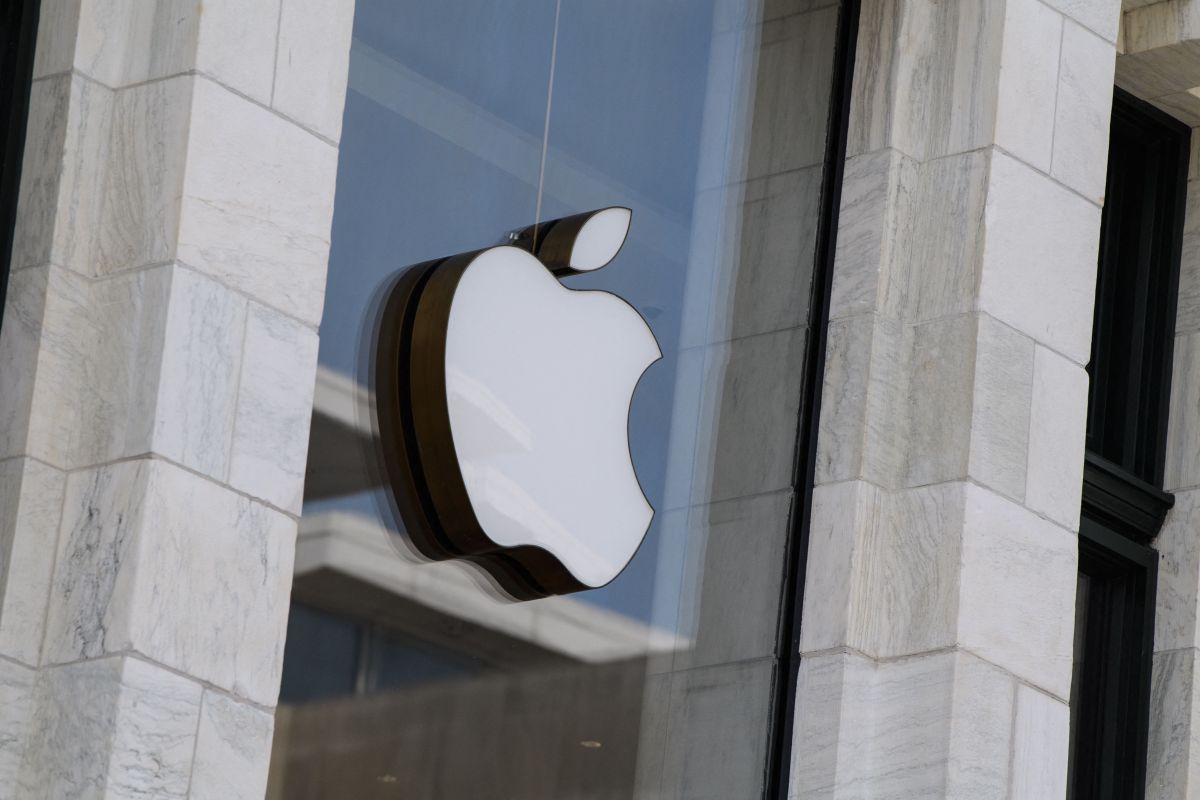
Apple will automatically assign a passkey to each user so they can log into Apple accounts on the web without needing any password. The company will allocate a passkey to Apple IDs starting with iOS 17, iPadOS 17, and macOS Sonoma.
The feature already works on iCloud.com and appleid.apple.com on the web for people running the latest developer beta on their devices.
Apart from Apple properties, this feature will also help people use passwordless login for sites that support “Sign in with Apple.” For websites that support passkeys — such as PayPal, Shopify, and Kayak — you can also sign up easily by scanning a QR code with your iPhone.
For the uninitiated, a passkey is a form of a standard that relies on device-based authentication using Face ID, Touch ID, or PIN instead of a password. This way, the users don’t need to remember credentials. Passkeys don’t necessarily replace passwords — they are just an alternative way to sign in.
Additionally, once a passkey is created, it is synced across devices. With the current Apple implementation, you have to sign in to these devices with a common Apple ID for syncing to work.
Google also supports passkey-based login for Google Accounts. Last December, the company rolled out support for passkeys on Chrome on Windows, macOS, and Android. Earlier this month, Google rolled out the facility for more than 9 million organizations to allow their users to sign into Workspace and Google Cloud products via passkey.





